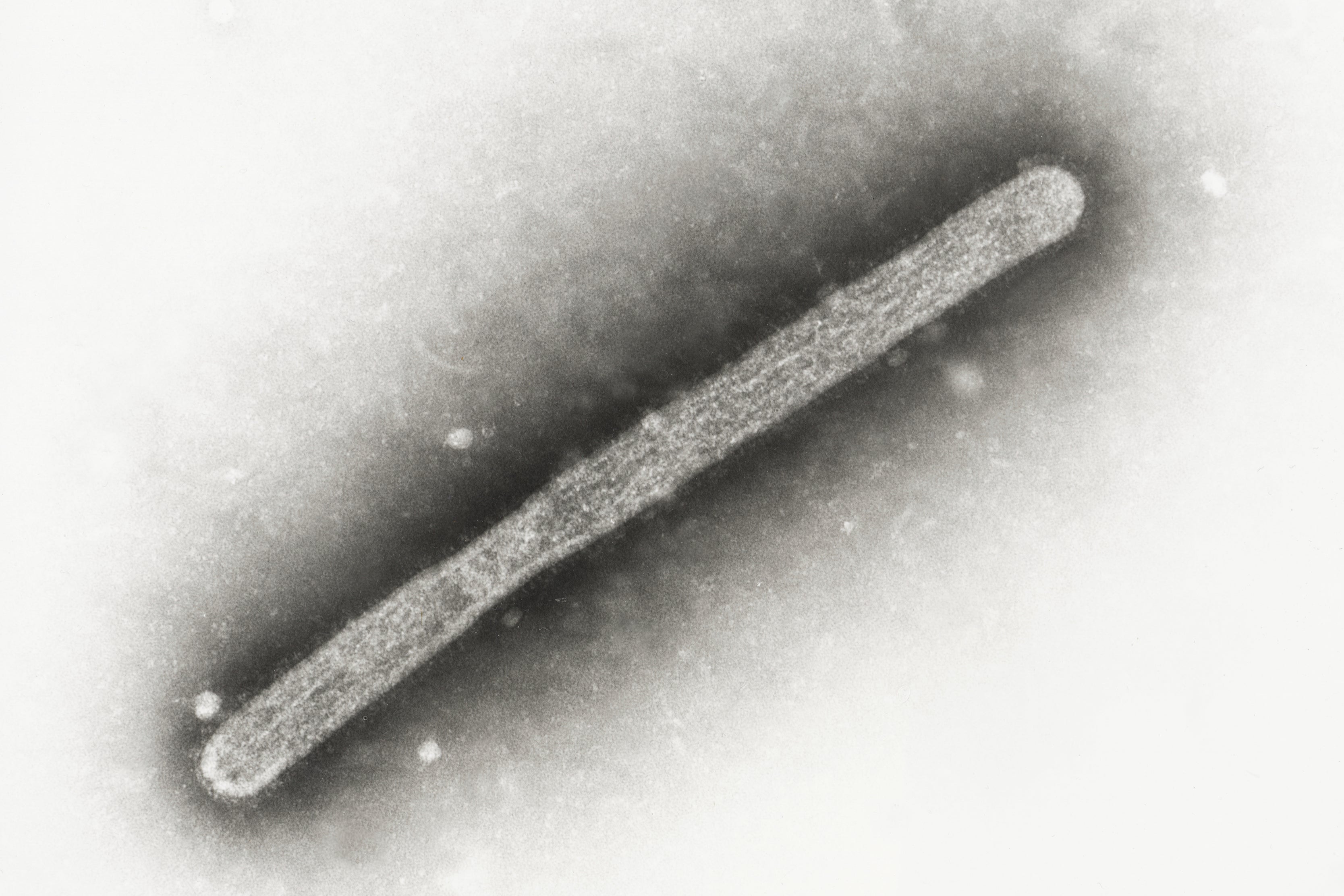Officials find no evidence bird flu is spreading between people after Missouri investigation
Health officials say there’s no evidence bird flu is spreading between people after investigating a mysterious Missouri infection

Your support helps us to tell the story
From reproductive rights to climate change to Big Tech, The Independent is on the ground when the story is developing. Whether it's investigating the financials of Elon Musk's pro-Trump PAC or producing our latest documentary, 'The A Word', which shines a light on the American women fighting for reproductive rights, we know how important it is to parse out the facts from the messaging.
At such a critical moment in US history, we need reporters on the ground. Your donation allows us to keep sending journalists to speak to both sides of the story.
The Independent is trusted by Americans across the entire political spectrum. And unlike many other quality news outlets, we choose not to lock Americans out of our reporting and analysis with paywalls. We believe quality journalism should be available to everyone, paid for by those who can afford it.
Your support makes all the difference.Health officials said Thursday that there's no evidence bird flu is spreading between people after investigating a mysterious infection in Missouri.
The illness reported last month was different from the 30 other bird flu infections in people in the U.S. so far this year. Those cases have been in farmworkers who had contact with infected dairy cows or chickens.
There was no known contact with an infected animal in the Missouri case, but health officials said Thursday that’s the only remaining explanation.
"There is no evidence of person-to-person transmission,” said Dr. Demetre Daskalakis of the Centers for Disease Control and Prevention.
The H5N1 bird flu has been spreading widely in the U.S. among wild birds, poultry, cows and a number of other animals. Its growing presence increases the chances that people will be exposed, and potentially catch it, officials say.
The most recent of the 31 confirmed human cases are two workers at a commercial egg farm in Franklin County, in southeast Washington state. The rest: 15 in California, 10 in Colorado, two in Michigan, one in Texas and the unusual one in Missouri. Symptoms have been mostly mild, including eye redness.
Few details have been released about the Missouri case. The person had preexisting health problems and was hospitalized in late August. The patient was given a test for flu that was positive for influenza A, a broad virus category. Further testing found partial genetic sequences similar to bird flu viruses from U.S. dairy cows.
Because the Missouri person did not work at a farm and had no known contact with an infected animal, health officials have been looking into the possibility it had come from another person with an undetected infection. That kind of spread would be a worrisome sign the virus might be turning into a more common threat to humans.
They did complicated blood testing of the patient, five hospital workers, and a person described as a “household contact” of the patient — looking for antibodies that would serve as proof of a past infection. The household contact got a stomach illness at the same time as the patient, but was not initially tested.
On Thursday, CDC officials said test results were negative for the health care workers. The patient and the household contact showed signs of past infection in one round of testing, but not in others. Neither met the World Health Organization's blood testing threshold for a bird flu case. The household contact is not part of the U.S. tally.
Since they both got sick at the same time, officials believe the patient and the contact were exposed together to some unknown animal or animal product — ruling out spread of the virus from one of them to the other, Daskalakis said.
___
The Associated Press Health and Science Department receives support from the Howard Hughes Medical Institute’s Science and Educational Media Group. The AP is solely responsible for all content.